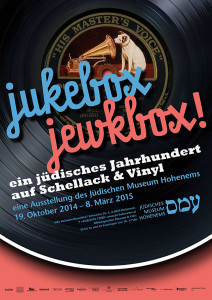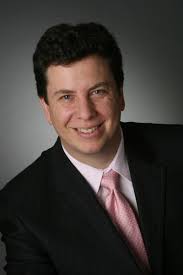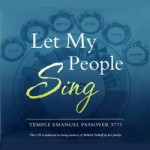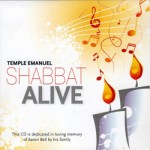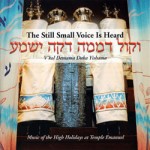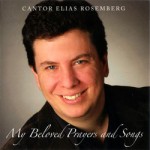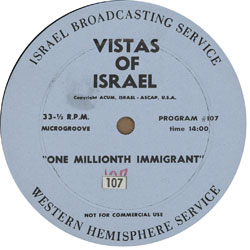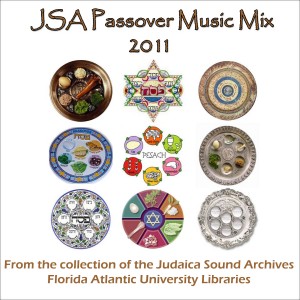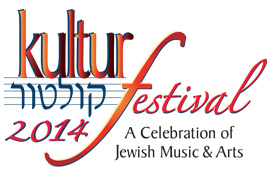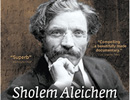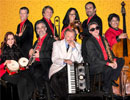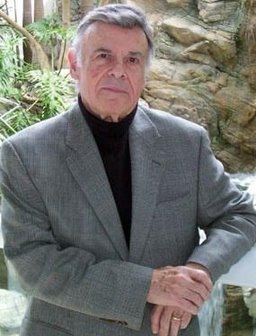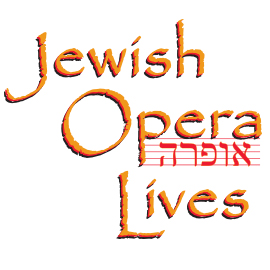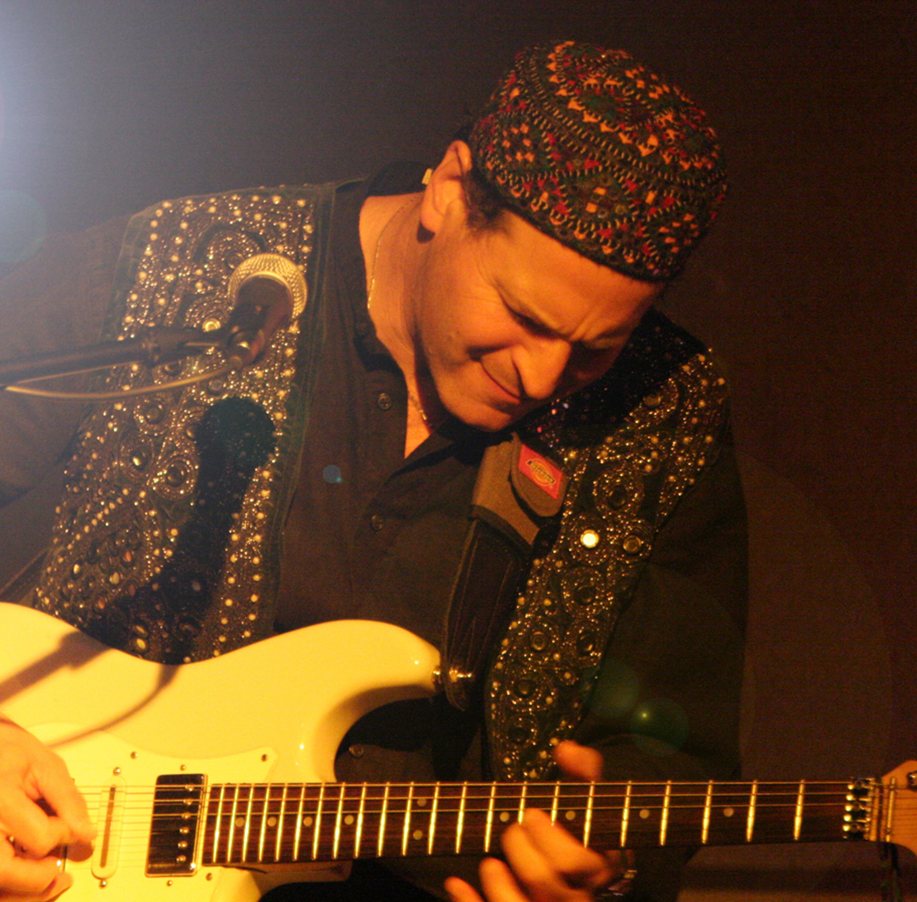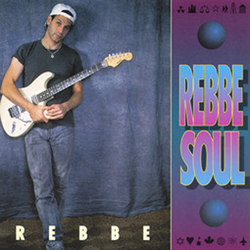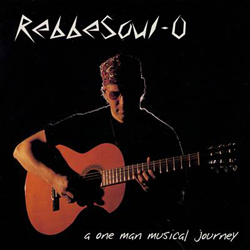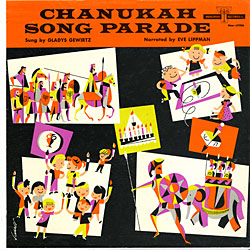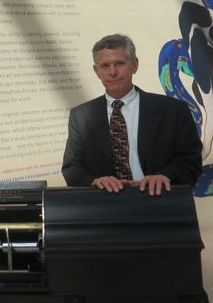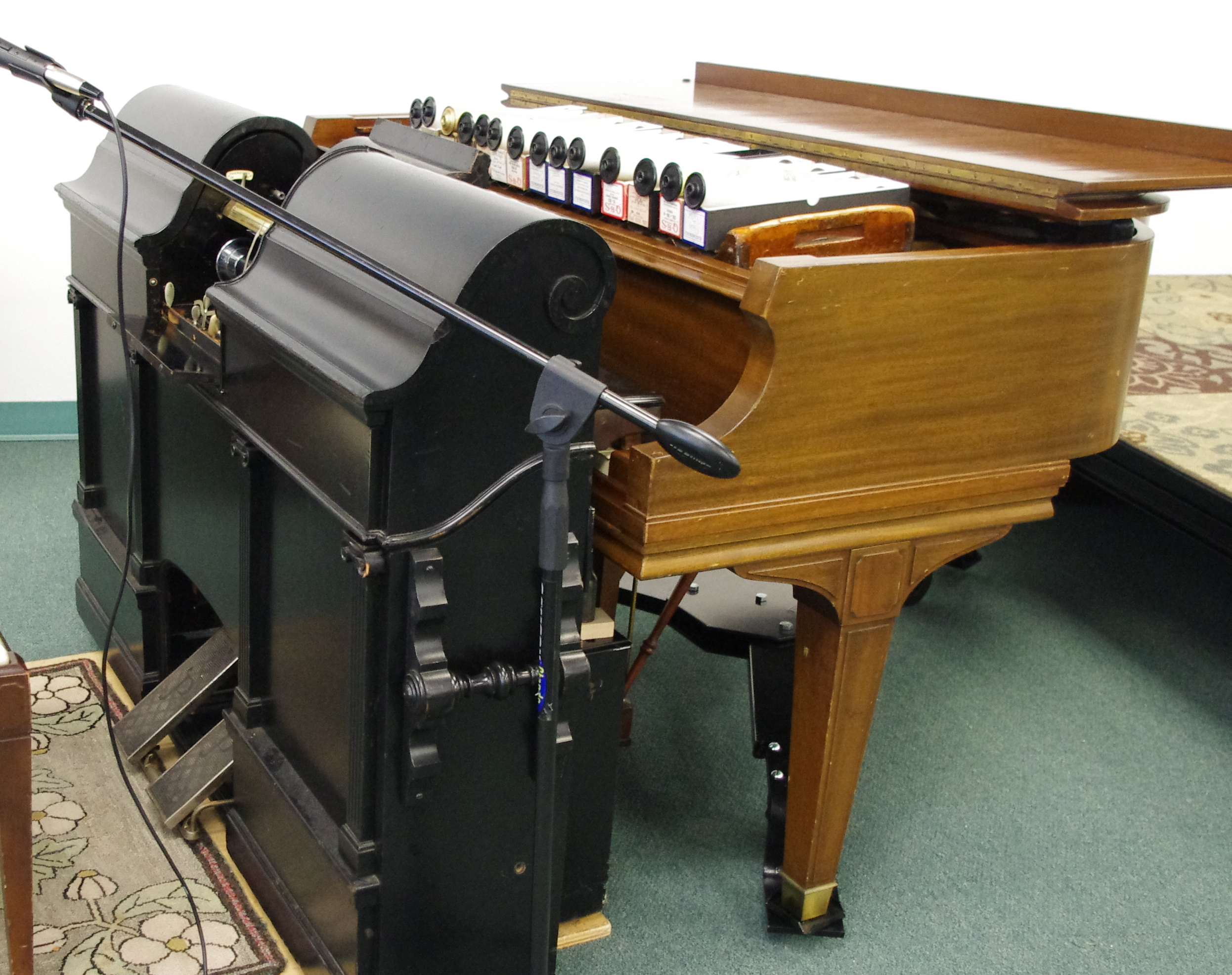Leo Fuld: A forgotten man?
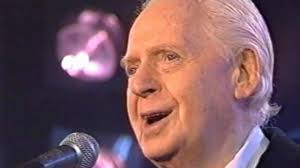 Do you know this person?
Do you know this person?
Clue: He is a Dutch man who was once called the King of Yiddish Music.
Leo Fuld was one of the premier Yiddish performers in America during the 1950’s and 1960’s. Audiences loved to hear him sing Yiddish favorites in a combination of Yiddish and English. They loved his music which evoked the emotions and hardships of the Jewish people. Simply put, audiences loved the truth in his music.
One of his most famous compositions “Vi Ahin Zol lch Geyn? (Where Can I Go?)”, can still wrench the heart. It sold over one and a half million copies worldwide. Leo Fuld not only composed Yiddish songs, he also performed them with great success. His list of recorded hits include: Ich Hab Dich Zu Viel Lieb (I Love You Much Too Much), Wus Geween Ist Geween, My Yiddishe Mama, Zigany Melody. The lyrics to his song, Mazzel, tells us something that we all know….a little luck can make a big difference!
Lyrics:
You gotta have a little mazzel,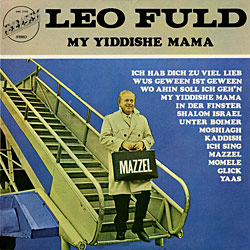
Mazzel means good luck,
‘Cause with a little mazzel,
You always make a buck.
And if you have no mazzel,
Although you’re on the ball,
You try and try and can’t get by,
You beat your head against the wall.
Don’t ever try to figure, why you seem to be to blame,
That some folks have a million, and can’t even write their name!
Fuld was born into a large family (the third of ten) in Rotterdam, Netherlands. He served as a cantor in the synagogue when only 16 years old. Like other young men of the time, however, he was also attracted to popular music. Just before the outbreak of World War II, he left for America, established himself as a singer of Yiddish songs and became a well-known and successful performer.
Returning home after the war, Fuld was devastated to find his beloved Rotterdam bombed beyond recognition and his entire family murdered. With his red-hair and European accent he became a very recognizable Jewish performer when he returned to the USA. Combining Yiddish songs with swing music, and using both Yiddish and English lyrics he achieved stardom among Jewish audiences in the 1950s and 1960s. Performing with super-stars like Frank Sinatra and Edith Piaf his admirers ran the gamut and included such luminaries as Frankie Laine, Billie Holiday, Al Jolson, Danny Kaye and even Albert Einstein.
Click here for more songs by Leo Fuld.
